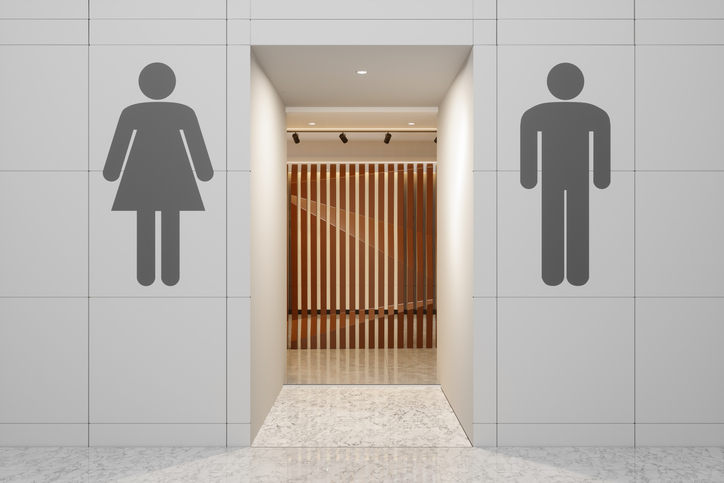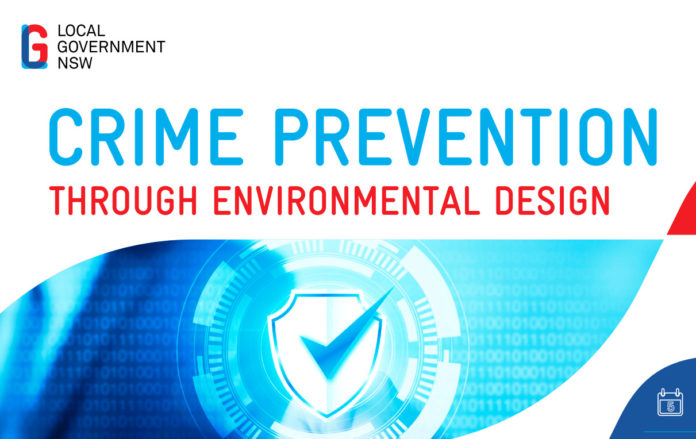TRAINING/EDUCATION
Local Government NSW (LGNSW) will next month host a three-day Crime Prevention through Environmental Design program that aims to provide an understanding of the crime prevention concept within a local context.
Crime Prevention Through Environmental Design (CPTED is defined as ‘a multi-disciplinary approach for reducing crime through urban and environmental design and the management and use of built environments’ (International CPTED Association).
CPTED Strategies aim to reduce victimisation, deter offender decisions that precede criminal acts, and build a sense of community among inhabitants so they can gain territorial control of areas and reduce opportunities for crime and fear of crime.
The workshop is designed to enable an advanced level of CPTED understanding for those who already have some knowledge of the concept.
Feeling safe is often about the ‘look’ and the ‘feel’ of the environments we find ourselves in. Dark and deserted public spaces may be avoided while we may be attracted to places that are animated by the presence of other people.
This course explores how human behaviour can be shaped by its interaction with the built environment around us and how criminal behaviour can be shaped in the same way.
Crime Prevention Through Environmental Design (or ‘septed’) employs principles that seek to reduce and prevent opportunistic crime by planning and designing in specific settings to ensure that people can see and be seen, that only legitimate people gain access into and out of private spaces, that areas have a sense of ownership and activity and that public and private spaces are well managed and maintained.

The three-day course also explores the idea of ‘neighbourliness’ and how the social environment can impact on the prevention of crime while also exploring broader notions of liveability and sustainability in creating safer towns and cities.
Course content includes:
- Safe and Unsafe Places
- Perceptions and Fear of Crime
- Causes of Crime
- Introduction to Crime Prevention
- Situational Crime Prevention
- CPTED International Standard and Legislation
- 2nd Generation CPTED and the Social environment
- 3rd Generation CPTED, Liveability and Sustainability
- Surveillance – to see and be seen
- Access Control and Movement
- Territorial Reinforcement, Activity and Ownership
- Environmental Management and Maintenance
- CPTED and Neighbourhood Dwellings
- CPTED and Apartment Living
- CPTED and Retail Stores
- CPTED, Licensed Premises and the Night Time City
- CPTED in Streets, Plazas, Parks and Open Spaces
- CPTED and Public Toilets
- CPTED and Public Transport and Car Parks
- Application of CPTED
- CPTED and Masterplanning
- CPTED and Development Assessment
- CPTED and specific Projects
- CPTED Site and Risk Assessments
- CPTED and Community Safety Audits
Each component includes exploring broader crime and safety issues which are unique to these settings and situations including public lighting, gender equality, closed circuit television, homelessness, landscaping, night time economies, anti-social behaviour, graffiti and contested and problematic public spaces.

The course draws on evidence from both regional and urban settings and is designed to be interactive encouraging participants to engage in discussion about how the senses are evoked in response to various environmental situations. The final day of the course involves a field exercise where groups of participants undertake a CPTED assessment in areas identified by the host Council.
Outcome
Participants will come away from the course with the knowledge of how to develop lines of inquiry which focus on applying a series of specific questions to establish site context. This understanding will enable participants to provide CPTED comments and recommendations in a range of Local Government settings in order to create safer and better environments which can not only improve safety and security in their communities but broader quality of life.
When: 7-9 February, 2023.
Where: South Sydney Graphic Arts Club, Mascot.
Duration: 9am-5pm on each of the three days
Price: members $1,540 (incl GST)
non-members $1,650 (incl GST)
If you or your council would like to know more information about this course or would like to run this course in-house, please email learning@lgnsw.org.au for a proposal.


